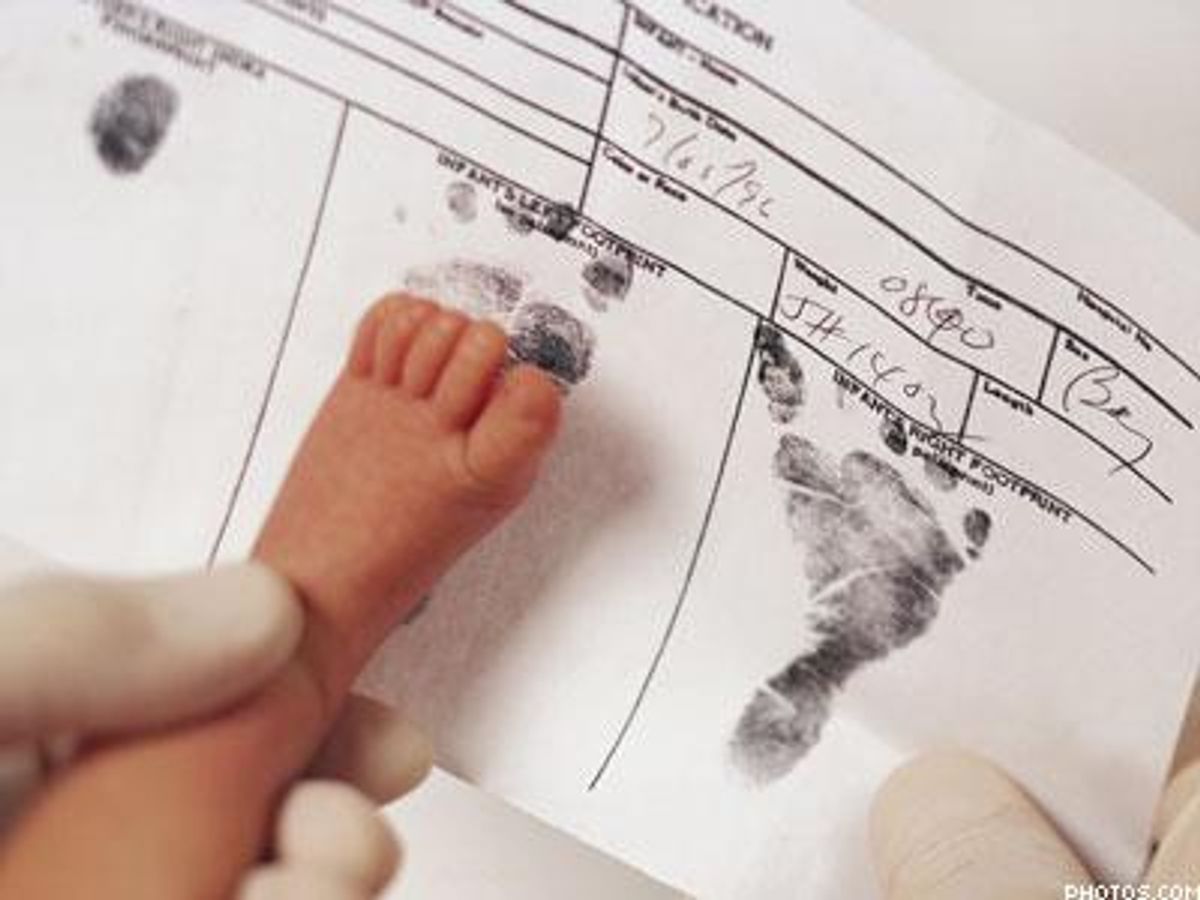The New Jersey Senate Health, Human Services and Senior Citizens Committee Thursday passed a bill, by a vote of 6-2, that will make it easier for transgender people to amend their state-issued birth certificates to reflect their accurate gender, regardless of whether they've had any kind of gender-confirming surgery.
The legislation, Senate Bill 2786, was sponsored by the committee chairman, Sen. Joseph Vitale, a Democrat. If passed, the new law would replace a 1984 statute that restricts the update of these documents to those who have had such surgeries.
The bill, which passed the state Assembly in June by a vote of 43-27, would require the state Health Department to issue corrected birth certificates to individuals who have received "clinically appropriate treatment for the purpose of gender transition, based on contemporary medical standards."
In essence, the new law would allow a transgender person who had received hormone replacement therapy -- a common treatment following a diagnosis of gender dysphoria -- to obtain updated records once the individual submits proof of treatment in the form of an affidavit signed by their medical provider.
Opponents of the bill stake their opposition in the argument that updating one's birth record is essentially rewriting history. "My concern is a birth certificate is an historical document," Sen. Sam Thompson, a Republican, told theNew Jersey Star-Ledger last week. "If you want a document saying you are a lady today, I am 100 percent for it."
Many transgender individuals either cannot afford gender-confirming surgeries, which typically cost tens of thousands of dollars, and are often excluded from insurance policies. Also, some choose not to undergo any of the various invasive, major surgeries.
The National Center for Transgender Equality reports that only 21 percent of transgender people nationwide have been able to update all major forms of identification to reflect their gender. As various identifying documents are needed on a frequent basis -- as in traveling, opening bank accounts, starting new jobs, purchasing alcohol and cold medicine -- having incorrect or mixed identification records can have unintended, adverse consequences for transgender individuals. These problems include nonconsensual disclosure of one's transgender status, suspicion of fraud, and denial of goods or services.
The bill still needs to be passed by the full Senate, prior to finding its way to Gov. Chris Christie's desk. There's no prediction whether the Democratically controlled Senate will approve the bill, and no indication as to whether Christie would exercise his veto power should the legislation make it to him.













































































Fans thirsting over Chris Colfer's sexy new muscles for Coachella